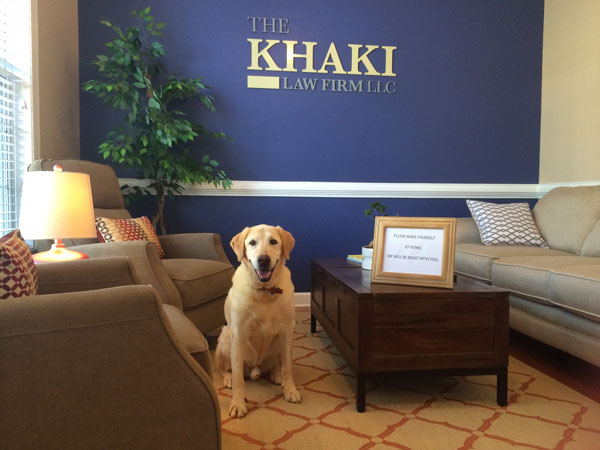How Can Working Affect My Disability Application?

Receiving a payment can be a long process for someone who has recently applied for Social Security Disability, or SSD, benefits. With a mandatory waiting period of five months between the onset of a disability and when payments can begin, many claimants are uncertain about whether they can work and maintain eligibility for benefits at the same time.
The good news is that you can work part time regardless of whether you’re waiting for your SSD benefits or are already receiving disability compensation. Since SS disability programs are run by the Social Security Administration (SSA), there are strict rules associated with submitting an application.
If you recently applied for disability benefits and want to begin working to support yourself and your family, it’s important to understand how this decision could impact your claim. While you are allowed to work, there are certain things you should be aware of before potentially jeopardizing your disability claim.
Who is Eligible for SSD Benefits?
The SSA typically begins the claim review process by looking at a person’s work history. Not only does this agency check to see if an applicant worked in a job that qualifies for social security benefits, but they also check to see if someone is continuing to work even after applying for disability.
The SSA presumes that if a person is working and earning more than $1,260 per month on average, they are not injured enough to be considered disabled. Moving on, the SSA will them examine a person’s medical condition to determine whether it will affect their ability to work for at least 12 months. If so, then they may be eligible to receive Social Security Disability Insurance (SSDI) benefits.
The SSA maintains a list of medical conditions that it considers severe enough to prevent someone from maintaining substantially gainful activity and will check to see if your limited abilities could be better suited for another field of work. For example, if you worked in a warehouse and have since become unable to do your previous job due to a debilitating injury, the SSA will investigate whether you may still be able to work a desk job. If it’s found that you can’t maintain gainful employment, then the SSA may issue disability compensation to you.
Generally, if the SSA finds that your disability is expected to last for longer than a year, you have no other alternative for employment, and you have earned enough work credits from past employment, then you may be eligible to receive SSDI benefits.
Working Part Time with SSDI
There are plenty of reasons to work despite a painful or incapacitating injury. Unfortunately, the SSA does not always weigh the reasons behind a person’s choice to work when considering an application for SSD benefits.
You will have to drastically scale back your employment or stop working altogether when you apply for SSDI, for example. If you reduce your hours so that you’re making less than $1,260 per month, you may still qualify for disability under SSA regulations.
You may also request special accommodations from your employer that place you under the $1,260 income threshold for benefits. While this may be permitted, understand that it could be used as evidence against the severity of your impairment during the evaluation of your disability claim.
It’s always a good idea to check the SSA’s website to improve your understanding of specific regulations. There are many free tools available online to help you decide whether working while applying for SSD benefits or not while applying for SSDI.
Learn More about How Working Can Affect Your Disability Application from an Attorney
Navigating the complex regulations and stipulations of SSD benefits can be difficult for an inexperienced person to do on their own. With many factors and circumstances contributing to an application for benefits, it may be in your best interests to hire a knowledgeable SS disability attorney.
If you are confused about your income limits or ability to work while applying for SSD benefits, you can benefit from working with one of our experienced Social Security advocates for the disabled. We utilize our experience and understanding of the disability claims process to ensure that you are properly represented and receive the SSD payments you’re entitled to.
Whether you have questions about your specific situation or your loved one is pursing SSD benefits, we can be by your side throughout every step of your journey. At the Khaki Law Firm, we understand that each person has unique desires and life experiences regarding employment. Our legal team is committed to pursuing the full benefits you may be owed under the SSA’s guidelines. Contact our intake team today to learn more about what our team can do for you.








